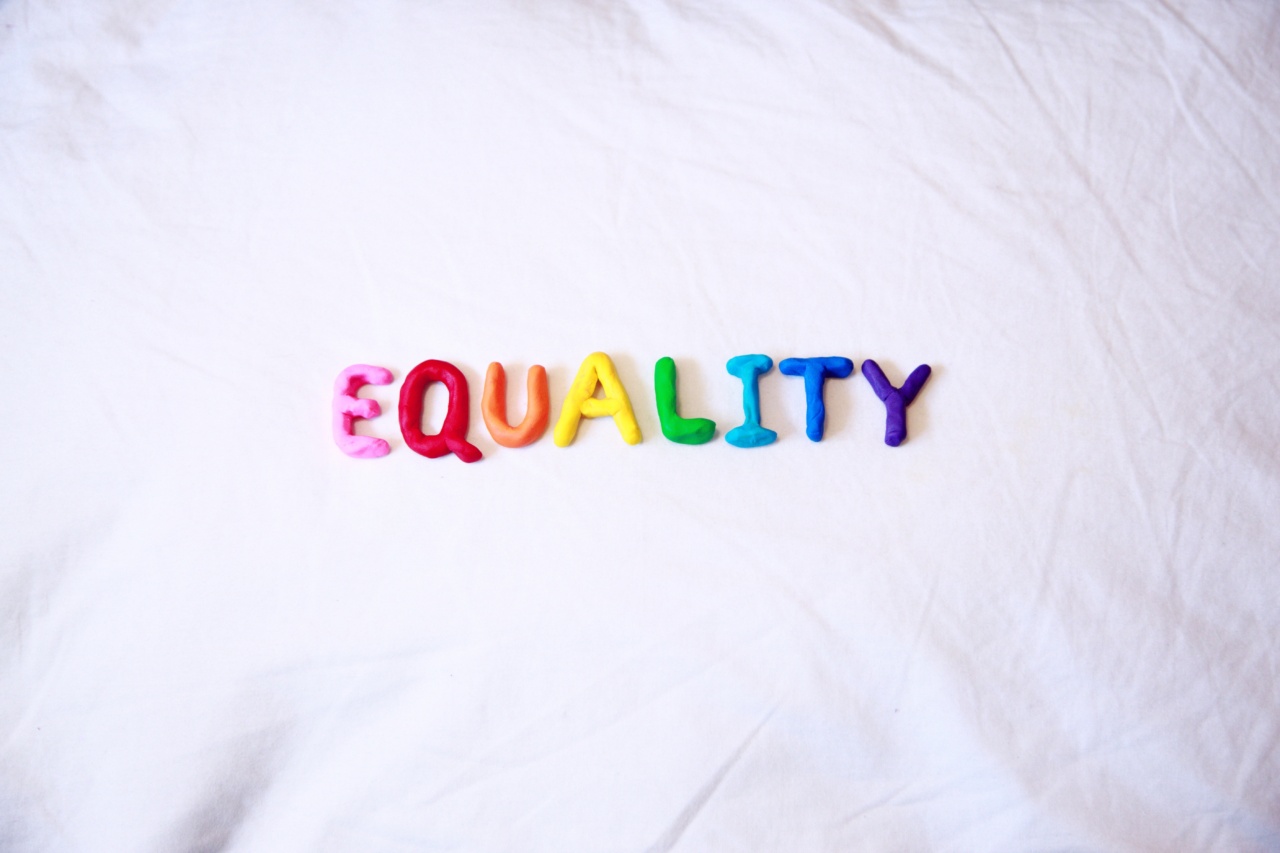Relationships are a key part of humanity, and can bring a great deal of joy and fulfillment to our lives.
However, not everyone experiences attraction in the same way, and some individuals may identify as asexual or simply uninterested in romantic relationships. In this article, we will explore what it means to be asexual or uninterested, and how these identities may impact individuals’ relationships and social lives.
Understanding Asexuality
The term “asexual” refers to an individual who does not experience sexual attraction towards others.
This may mean that an asexual person does not feel a desire to engage in sexual activity, or may only experience sexual desire under very specific circumstances. However, it is important to note that asexuality does not necessarily mean that an individual does not engage in romantic relationships.
Many asexual individuals experience romantic attraction, and may seek out partnerships with others who share their romantic orientation. Additionally, some asexual individuals may still engage in sexual behaviors for any number of reasons, such as a desire to please their partner or a curiosity about the experience.
The Spectrum of Asexuality
Asexuality is not a one-size-fits-all identity, and there is a great deal of diversity within the asexual community.
Some individuals may identify as “graysexual,” meaning that they only occasionally experience sexual attraction towards others. Others may identify as “demisexual,” meaning that they only experience sexual attraction towards individuals with whom they have developed a close emotional connection.
Still others may identify as “aceflux,” meaning that their level of sexual attraction may fluctuate over time. Understanding these varying identities can be an important part of creating more inclusive communities for asexual individuals.
Social Challenges for Asexual Individuals
While asexual individuals are just as capable of forming social connections as anyone else, their relative lack of interest in sexual relationships can sometimes present challenges in their social lives.
For example, many asexual individuals may feel pressure from friends or family members to enter into romantic or sexual relationships, despite their lack of interest. Additionally, some asexual individuals may feel excluded from mainstream dating cultures, which often place a heavy emphasis on sexual attraction and activity.
These challenges can leave asexual individuals feeling isolated or misunderstood by those around them.
Understanding Uninterested Individuals
While asexuality is a specific identity that refers to a lack of sexual attraction, there are also individuals who simply do not feel interested in romantic or sexual relationships.
These individuals may have a wide range of reasons for their lack of interest, including trauma, personal preference, or simply feeling content with their current lifestyle. Unlike asexual individuals, uninterested individuals may not experience sexual attraction but may also lack interest in romantic connections as well.
The Challenges of Being Uninterested
As with asexuality, being uninterested in romantic or sexual relationships can sometimes create social challenges for individuals. In many societies, romantic and sexual relationships are highly valued and seen as an important milestone in adulthood.
This can make uninterested individuals feel like they are somehow “less than” their peers who are pursuing romantic connections. Additionally, uninterested individuals may struggle to find social spaces where they feel comfortable and understood, and may feel marginalized or excluded by mainstream dating cultures.
Building Inclusive Communities
It is important for individuals and communities to be aware of the diversity of human experience and to work towards creating spaces that are welcoming to people of all backgrounds and identities.
For asexual and uninterested individuals, this may mean creating social spaces that are less focused on traditional dating and romance, and more focused on shared interests or hobbies. It may also mean actively working to break down stigmas surrounding asexual and uninterested identities, and educating others about the diversity of human experience in order to build more empathetic and inclusive communities.
Conclusion
Relationships can bring a great deal of joy and fulfillment to our lives, but the way we experience attraction is not always the same.
For asexual and uninterested individuals, it is important to create social spaces that are inclusive and welcoming, and to work towards breaking down stigmas surrounding these identities. By doing so, we can create a more empathetic, diverse, and vibrant society.


























